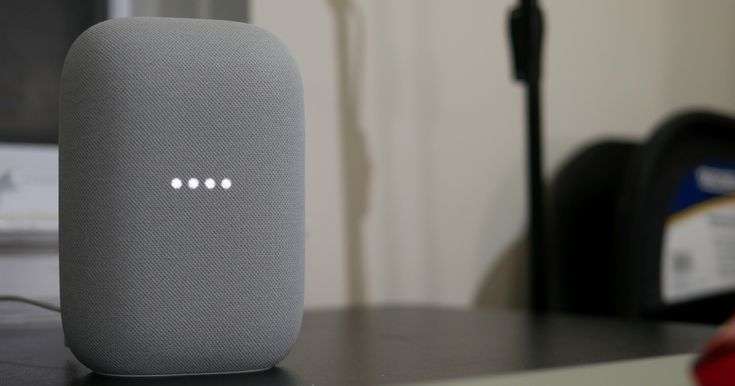
Google is putting back elements to the Google Home ecosystem that were removed because Sonos was involved in a patent case. Although this is good news for Nest users, it also demonstrates that while large tech companies are still fighting over ownership, consumers are not receiving the functionality they have been accustomed to from their devices.
The adjustments made to the Nest speakers, screens, and Chromecast will be undone, the company announced in a Tuesday blog post on the Nest site. “Where certain devices can only belong to one speaker group at a time in the Google Home app,” according to Google, is how they defined the changes. In reaction to the Sonos patent litigation, Google first restricted the use of its Nest and Home devices last month.
As a result, owners of Google smart home devices can now add devices to more speaker groups, enabling synchronised audio throughout a house. When users attempt to add devices to groups, they won’t see issues any longer. Within the next two days, the update ought to be available to all Android users via the Home App. Users using iOS should be able to access it “soon.”
It happened only a few days after a federal judge granted Google a partial victory over Sonos’ protracted patent litigation. In 2020, Sonos filed a lawsuit against Google alleging patent infringement related to smart speakers. In response, Google filed a countersuit alleging similar infringement. A tribunal in May mandated that Google compensate the speaker maker $32.5 million for infringement on a patent for Sonos’ multi-room audio technology.
The $32.5 million judgement was then overturned by U.S. District Judge William Alsup this past Friday, who declared that Sonos’ patents were unenforceable. Saying that the Sonos lawsuit was “not a case of an inventor leading the industry to something new,” he rendered his judgement. In this instance, the industry took the lead on something novel, and only afterwards did an inventor emerge from the shadows to claim to be the original creator of the concept.
Sonos has stated that it intends to appeal Alsup’s ruling, while Google is celebrating its triumph. In a blog post on Tuesday, Halimah DeLaine Prado, general counsel at Google, criticised Sonos. She referred to Sonos’ case as “spurious” and denounced “aggressive actors” who were abusing the patent system. Prado demanded that the U.S. Patent and Trademark Office be given greater funding so that it could take longer to handle “complex patents.”
The ongoing patent wars between the two companies haven’t helped consumers one bit. Last year, Google filled its own set of patent infringement case against its rival relating to its smart assistant technology. Perhaps Google is right, and we desperately need some patent reform, if for no other reason than to stop the shit-stirring and let consumers use all the features that companies promise.


